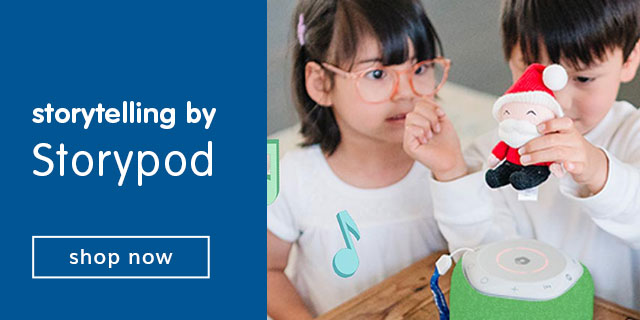
Menu
- Home
- Teacher's Blog - Finding the Interests of the Struggling Reader
teacher's blog informative insights by leading educators
teacher's blog
informative insights by leading educators
informative insights by leading educators
- Home
- Teacher's Blog - Finding the Interests of the Struggling Reader
Menu
featured articles
How Do I Boost My Child's Self-Esteem? Tips for Teaching Children Self-Regulationprevious articles
Reclaiming Routine At Home Think Kindness Teaching Healthy Food Habits with Edible Gardens 4 Back to School Must Haves for Your Preschool Classroom Cooking Up Fun in the Mud Kitchen Best Gifts for Infants Toddlers and Preschoolers Finding the Interests of the Struggling Reader Connecting Children to Their Cultures and Communities 10 Tips for Beginning Child Care Providers Preparing the Classroom for Kids with Food Allergies The Paraprofessional in SPED Classrooms Make Color Spray Murals This Spring!
Finding the Interests of the Struggling Reader
by John Funk
 As I was speaking to my International Children’s and Adolescent Literature class at the university recently, I was reminded of the importance of finding out what children are interested in reading. One of the ways to make a beginning reader or struggling reader successful is to pique her interest. Knowing that a book contains something interesting to her motivates the child to make an effort to read. There were two personal instances in my life when this realization hit me the strongest.
As I was speaking to my International Children’s and Adolescent Literature class at the university recently, I was reminded of the importance of finding out what children are interested in reading. One of the ways to make a beginning reader or struggling reader successful is to pique her interest. Knowing that a book contains something interesting to her motivates the child to make an effort to read. There were two personal instances in my life when this realization hit me the strongest.I have two grandsons. The youngest grandson struggled a bit with beginning reading. Even though he had been read to and supported from birth, he found reading difficult and much less interesting than building with LEGOs. Having a grandfather who taught reading and literature and a mother who taught preschool, he was showered with "good" literature. We still didn’t seem to be reaching him and reading was a struggle. One day I happened upon a shelf of leveled readers at the local bookstore. The shelf was filled with leveled readers about superheroes, transformers, LEGO people, etc. Even though I knew this was poor quality literature, I instantly knew that Sean would be interested in trying to read those books. So, I swallowed my pride and, sure enough, they were an instant success. I was right. He couldn’t get enough of reading about Spiderman and Transformers. Because reading became easier, he soon ventured out to other books and reading became a joy for him. Now as a fourth grader, he is an excellent reader with a variety of tastes and he always has a book that he is reading.
My other experience was with my oldest grandson. His family members are all readers. Mom, Dad, and both sisters are always into their current choice for reading. Seth is also a wonderful reader. However, early on we found that he was intensely interested in non-fiction and much less interested in fiction. His frustrated mother tried time and time again to get him to read something in the fiction category, but he rarely showed any interest or read much of the genre. I told my daughter (his mom) to just let him go on with the non-fiction and continue to encourage his reading. I also gave him non-fiction on most occasions. Seth is now in seventh grade and he has branched out to fiction and is still an incredible reader. We just needed to be patient and encourage his interests as he built reading and comprehension skills.
The most success I have had with struggling readers (those working on basic skills) and reluctant readers (those who don’t choose to read) has come when I have tried to capitalize on the child’s interests. As I’ve mentioned before, I love the website Guys Read because it was created for boys who struggle to read. In fact, some of the books are of high interest to boys while written on a lower reading level.
When working with a child who has a difficult time reading, try to discover what they like to listen to or what piques his interest when someone is reading to him. Offer the child choices. Look at the different genres of literature, particularly non-fiction and biography, folk and fairy tales, realistic fiction, fantasy, historical fiction, poetry and verse, etc. Most children do have a curiosity about one or more of the genres of literature. The motivation of interest is a much strong motivation than having an adult encouraging them to read.

John Funk
featured articles
One of the greatest gifts you can give a child is a positive self-esteem. Building this takes time and practice. Your help and encouragement can help your child be better prepared for life outside the home, whether that is at school, or in public.
read more
Your child's self-regulation is their ability to control their emotions and responses to outside influences or occurrences. This self-regulation is vitally important for them to be functioning members of society.
read more






















